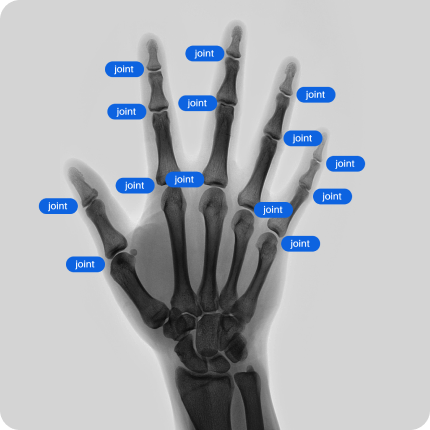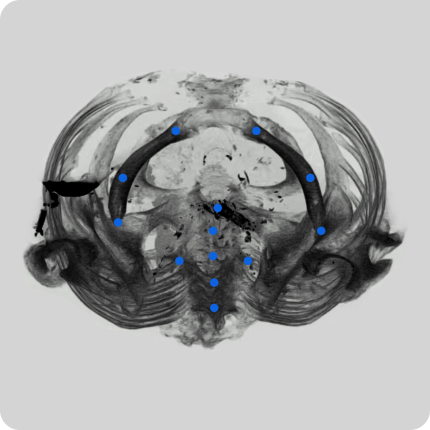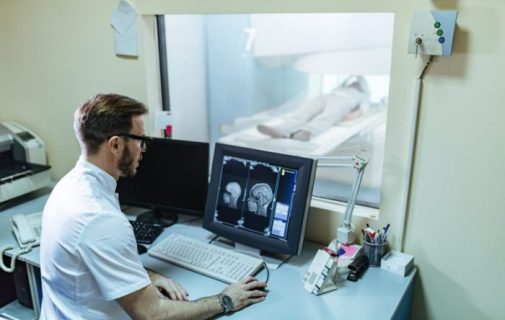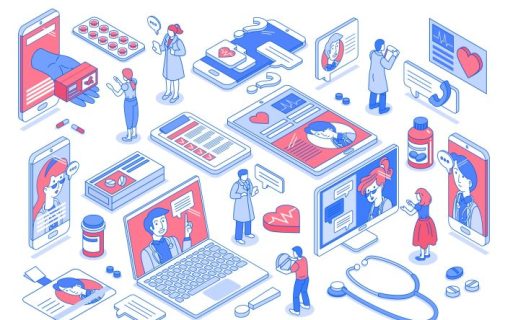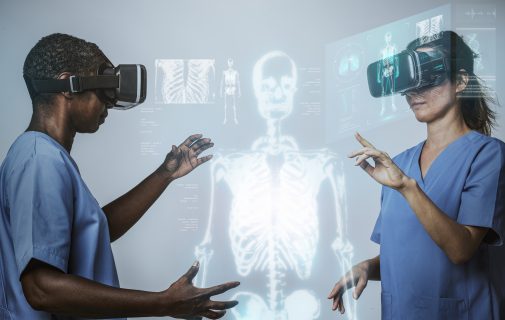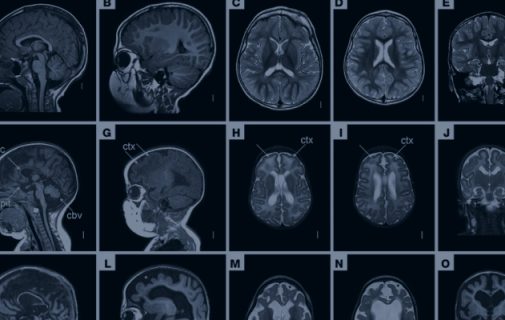
Understanding Bias in AI Healthcare:
Bias in AI healthcare refers to the presence of systematic and unfair differences in the performance or outcomes of AI systems across different demographic groups. These biases can arise from various sources, including biased training data, algorithm design, and systemic healthcare disparities. AI systems learn patterns from data, and if that data is biased, the system can unintentionally perpetuate and even amplify those biases.
One of the critical challenges in AI healthcare is the underrepresentation of certain demographic groups in the training data. If the data used to train AI models is not diverse enough, the resulting algorithms can struggle to accurately generalize to individuals from underrepresented backgrounds. For example, if an AI model is trained predominantly on data from a specific ethnic group, it might not perform well on patients from different ethnicities, leading to misdiagnoses or treatment recommendations.
Types of Bias in AI Healthcare:
Sampling Bias: This occurs when the training data does not accurately represent the diversity of the patient population. If certain groups are underrepresented or omitted from the training data, the AI model may not be able to make accurate predictions for those groups.
Labeling Bias: If the labels assigned to training data are influenced by human biases, the AI system may learn and propagate those biases. For instance, if historically marginalized groups have been underdiagnosed or misdiagnosed, the AI might learn to perpetuate these inaccuracies.
Algorithmic Bias: The algorithms themselves can be biased due to the way they process data. If not carefully designed and validated, AI algorithms may inadvertently favor certain groups over others.
Preventing Bias in AI Healthcare:
Diverse and Representative Data: Ensuring that training data is diverse and representative is crucial. This involves collecting data from a wide range of demographic groups, socioeconomic backgrounds, and healthcare settings. Collaborating with communities and experts can help gather a comprehensive dataset.
Data Preprocessing and Cleaning: Before training AI models, it’s essential to thoroughly preprocess and clean the data to remove any existing biases. This may involve anonymizing data, correcting labeling errors, and addressing any existing disparities.
Fairness Audits: Regularly conducting fairness audits can help identify bias in AI systems. These audits involve analyzing the system’s predictions across different demographic groups to ensure consistent and accurate performance.
Algorithmic Transparency: Developing algorithms that are transparent and interpretable can help identify bias and understand how decisions are made. This transparency enables healthcare professionals to make informed judgments and catch any biases that might arise.
Ongoing Monitoring and Improvement: AI systems should be continuously monitored for bias even after deployment. Regular feedback loops from healthcare professionals and patients can help refine the algorithms and address any emerging biases.
Ethics and Diversity in AI Development: Building diverse teams of AI developers, including individuals from different backgrounds and expertise, can lead to more ethical AI solutions. Incorporating ethical considerations from the outset of development is crucial to prevent unintended biases.
Conclusion:
AI has the potential to revolutionize healthcare by improving diagnosis, treatment, and patient outcomes. However, the presence of bias in AI healthcare systems poses a significant challenge that must be addressed. Preventing bias requires a multi-faceted approach, including diverse and representative data, transparent algorithms, ongoing monitoring, and ethical development practices. By taking these steps, the healthcare industry can harness the power of AI while ensuring that all patients, regardless of their background, receive fair and accurate care.

